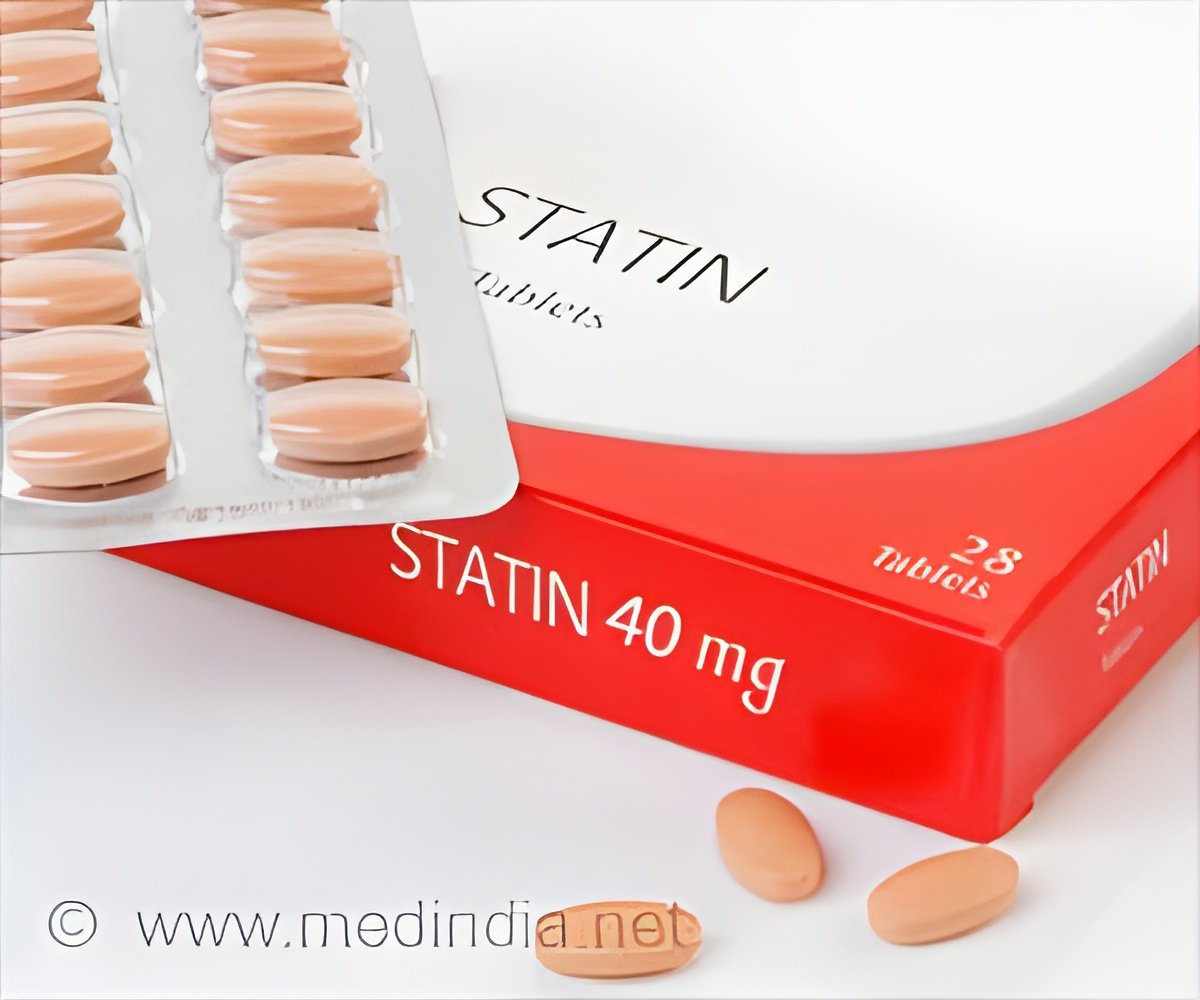
‘Patients should keep on taking statins according to the prescribed dose, and discuss any side effects with their doctor, rather than discontinuing the medication.’
Read More..Tweet it Now
It was unclear what proportion of people are truly intolerant of the drug, with inconsistent reports from studies, randomized controlled trials and databases suggesting it could range from 5-50%.
Read More..
The aim was to identify the overall prevalence of statin intolerance and the prevalence according to different diagnostic criteria. Researchers also wanted to identify what factors might place people at greater risk of statin intolerance.
They found that the overall prevalence was 9.1%. Prevalence was even less when assessed according to diagnostic criteria from the National Lipid Association, the ILEP and the European Atherosclerosis Society: 7%, 6.7% and 5.9% respectively.
Prof. Banach said: “These results were not a surprise to me but they were for many other experts. They show that in most cases statin intolerance is over-estimated and over-diagnosed, and they mean that around 93% of patients on statin therapy can be treated effectively, with very good tolerability and without any safety issues.
“Our findings mean that we should evaluate patients’ symptoms very carefully, firstly to see whether symptoms are indeed caused by statins, and secondly, to evaluate whether it might be patients’ perceptions that statins are harmful – so called nocebo or drucebo effect – which could be responsible for more than 50% of all symptoms, rather than the drug itself”.
Advertisement
Drug to control irregular heartbeat (arrhythmia), calcium channel blockers, alcohol use and higher statin doses were associated with a higher risk of statin intolerance. The increased risk of statin intolerance ranged from 22% (high alcohol consumption) to 48% (being female) in these groups.
Advertisement
Limitations include differences between patients included in different studies, and lack of information on the amount of alcohol consumption and types of exercise. However, they have attempted to reduce the risk of bias from these, and this is helped by the large number of studies and patients included in the analysis.
“I believe the size of our study, which is the largest in the world to investigate this question, means we are able to finally and effectively answer the question about the true prevalence of statin intolerance,” said Prof. Banach.
“These results clearly show that patients needn’t be afraid of statin therapy as it is very well tolerated in as much as 93%, which is similar or even better than other cardiology drugs, including ones for reducing blood pressure and clotting or blocking of blood vessels".
Patients should keep taking statins according to the prescribed dose, and discuss any side effects with their doctor, rather than discontinuing the medication.
“The same clear message can be addressed to physicians treating patients with high cholesterol levels. Most cases of statin intolerance observed in clinical practice are associated with effects caused by patients’ misconceptions about the side effects of statins or may be due to other reasons.
Therefore, we should carefully evaluate symptoms, assessing in detail patients’ medical histories, when the symptoms appeared, specific details of pain, other medications the patients are taking, and other conditions and risk factors.
Then we will see that statins can be used safely in most patients, which is critically important for reducing their cholesterol levels and preventing heart and blood vessel diseases and death”.
Source-Medindia









